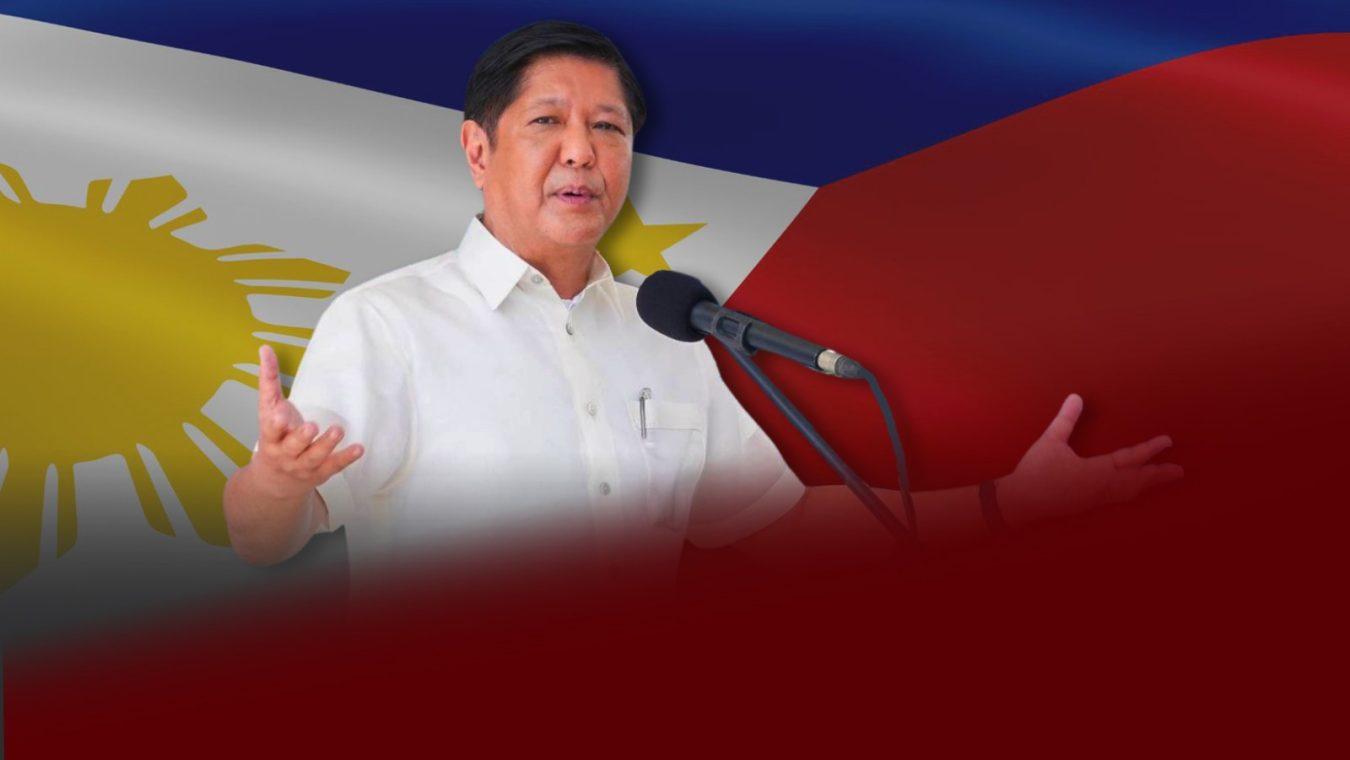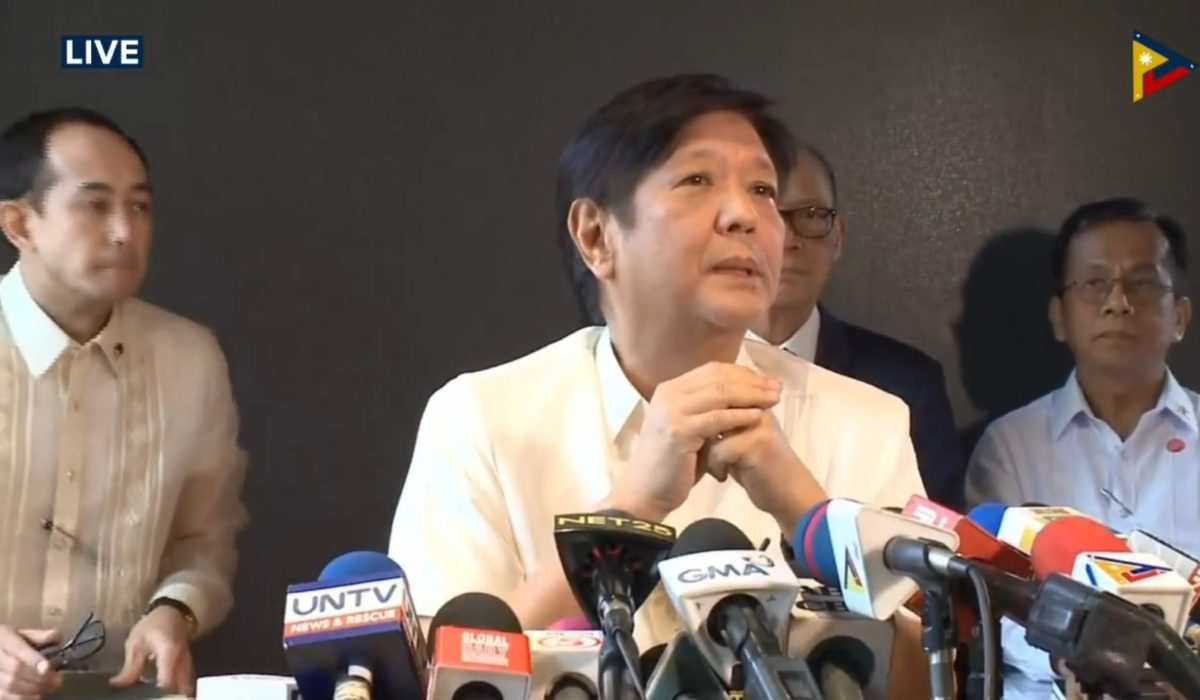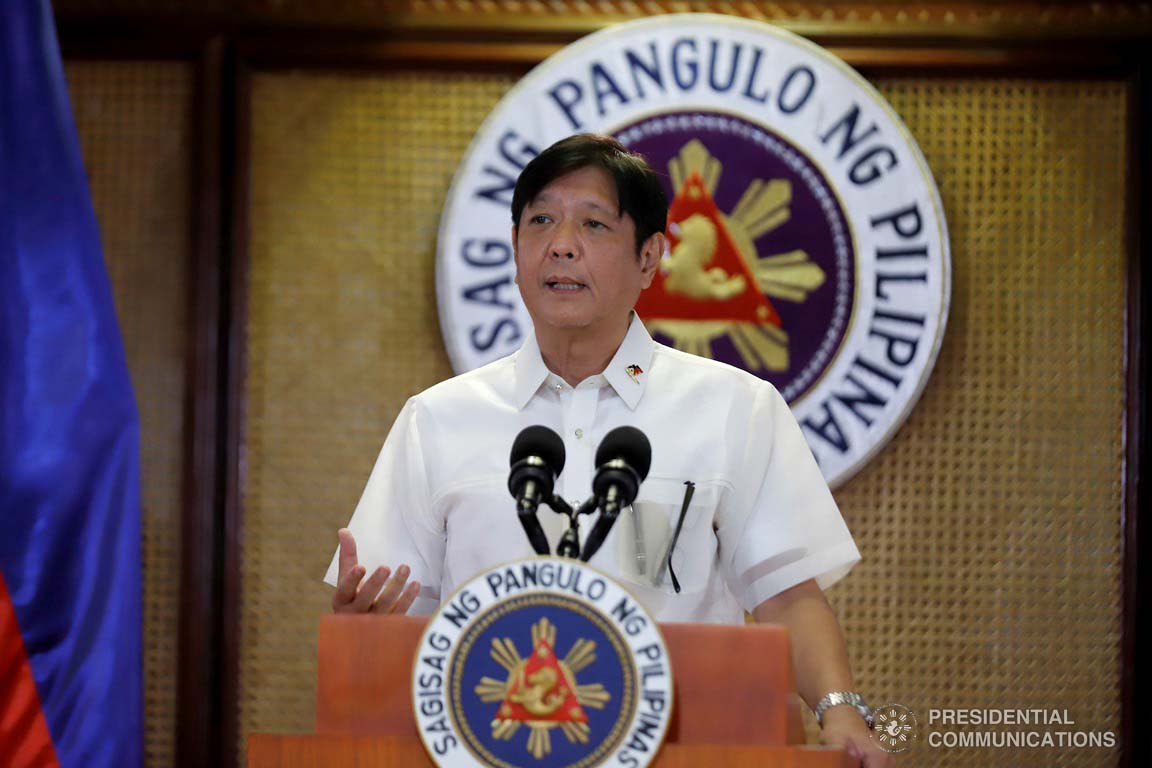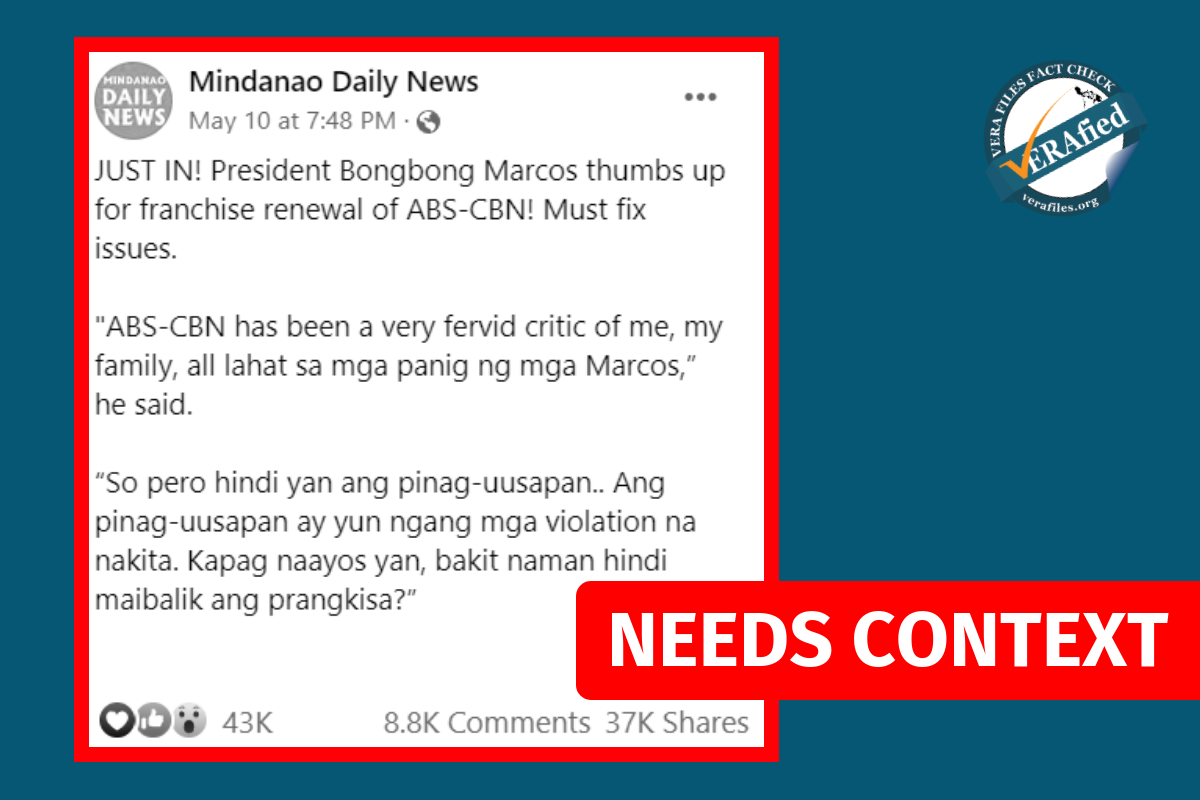Roughly one week into the 90-day campaign period, the Marcos and Duterte camps have already breached their promise to take the high ground in campaigning, making a spectacle of themselves to win votes.
Disinformation takes center stage once again as one camp takes potshots at the other, prompting the other to respond with more criticisms, leaving their audience confused or annoyed, and some entertained.
At the kick-off campaign in Ilocos Norte on Feb. 11, Navotas Rep. Toby Tiangco, campaign manager of the administration’s Alyansa para sa Pagbabago, said the team would not engage in negative campaigning.
In agreement, ACT-CIS party-list Rep. Erwin Tulfo, a frontrunner in the pre-election surveys on preferred candidates for the Senate, pointed out that the people are tired of politicians quarreling. He said candidates from Alyansa would prefer just to introduce themselves to the public and explain their legislative agenda in support of the Marcos administration.
Former senator Panfilo Lacson said he believed negative campaigning would not do anything good and preferred to lay down his agenda instead of destroying another candidate’s reputation.
But while boasting that only the administration managed to field a complete slate down to the local level, and eight of its senatorial candidates were either former or incumbent senators, President Ferdinand Marcos Jr., in an uncharacteristic bombastic mode, said:
“Nagtataka nga ako, parang ‘yung mga iba na naging kandidato, eh, nag-deliver lang yata ng suka, eh, nabigyan na ng certificate of candidacy dahil walang ikukumpara sa ating mga kandidato.”
If indeed his senatorial candidates have the advantage, did the president have to stoop that low? Pre-election surveys show eight to nine of the pro-Marcos bets making it to the Magic 12 or likely to win.
He also said that none of his candidates were facing controversies and allegations of human rights violations under the bloody drug war or had been accused of corruption and negligence while the country was in the middle of the pandemic.
Was Marcos looking the other way when some of his candidates were applauding then-president Rodrigo Duterte as he boasted of the so-called achievements of his bloody drug war, including the thousands of drug-related killings even of children who became collateral damage only because they allegedly “fought back”?
At the proclamation of the Duterte-backed candidates under Partido Demokratiko Pilipino on Feb. 13, it was their turn to hit back at Marcos while bragging about the qualifications of the team members in a rather exaggerated fashion.
Duterte’s hour-long spiel, which included a remark about killing 15 senators so his candidates could make it to the Senate, was no longer surprising as that was how he spoke even when he was president.
What is troubling in this campaign is the incumbent president’s negative campaigning despite the perceived better quality of his candidates compared to those backed by Duterte.
If, indeed, the other candidates are no match to those in the administration ticket, why did he have to indulge in negative campaigning? He has on his side influential dynastic families and veteran legislators who are ranking high in pre-election surveys. Could his negative campaigning bring down the rankings of reelectionist Sens. Bong Go and Ronald de la Rosa and game show host Willie Revillame?
The tone of the president’s tirades in his campaign speeches becomes more unpleasant, given his candidates’ vow to just focus on their legislative platform and stay away from negative campaigning. Now that the Duterte camp has been pouncing on Marcos, the candidates are forced to counter them.
Marcos and Duterte are drawing attention to themselves with their verbal attacks, sidelining the candidates.
The in-person campaigning for the upcoming election is basically more of the same as the previous electoral exercises, but the mudslinging on social media, with proxy combatants such as vloggers using hidden identities and artificial intelligence, makes it worse than before. Not only that, I’d say that the quality of candidates is also deteriorating.
There are a few highly qualified candidates, but their rankings in the pre-election surveys are below the Magic 12.
Well, we’ve just been through the first week of the campaign period. Will the next 12 weeks serve to enlighten the 69 million registered voters? Or will we be worse off after the May 12 balloting?
The views in this column are those of the author and do not necessarily reflect the views of VERA Files.
This column also appeared in The Manila Times.






